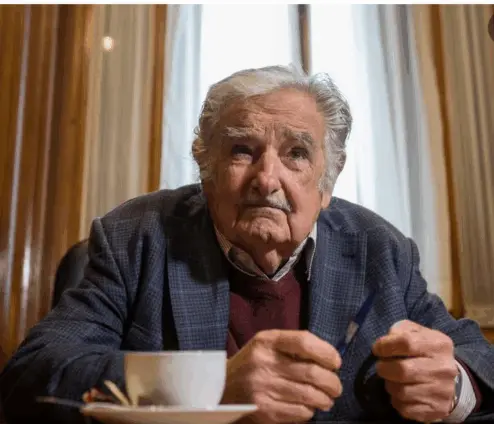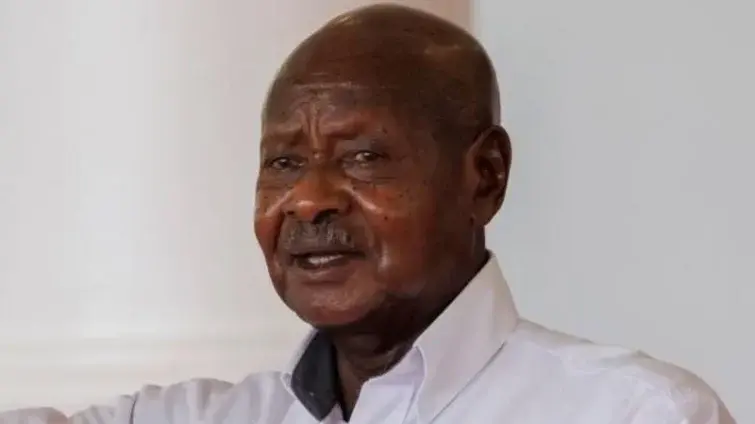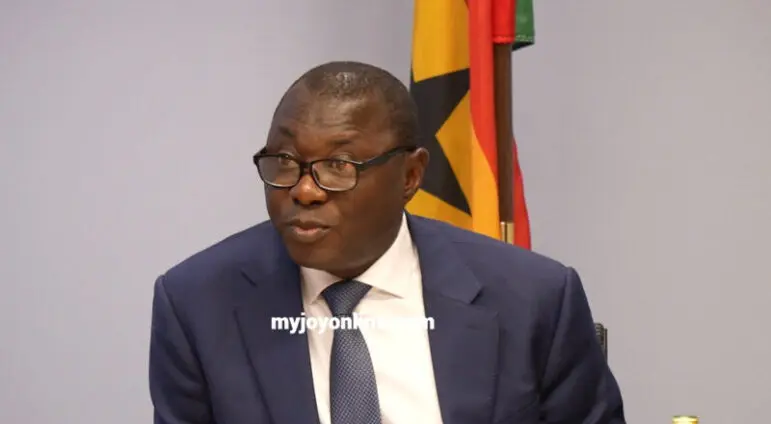The world mourned on May 13, 2025, as news spread of José “Pepe” Mujica’s passing at the age of 89. The former president of Uruguay, his influence extended far beyond the borders of his nation and Latin America. Mujica became a global symbol for his humble lifestyle and unwavering commitment to ethical leadership, a stark contrast to the often-self-serving figures that dominate modern politics. His life provides a powerful model, showcasing leadership rooted in humility, integrity, and a genuine concern for the well-being of all, and this example is particularly relevant for leaders in Africa and worldwide. The impact of his work calls for a renewed focus on what it truly means to lead.
Mujica’s presidency was defined by a radical simplicity that challenged conventional notions of power and status. He chose to live in a modest farmhouse rather than the presidential palace, and he continued to drive his old Volkswagen Beetle, a symbol of his down-to-earth approach. These choices were not mere gestures; they reflected a deep-seated belief in living modestly and prioritizing the needs of others. He donated a substantial portion of his salary to charities, further underscoring his commitment to social welfare over personal enrichment.
His rejection of the trappings of power extended beyond his living arrangements. He refused extravagant security details and other symbols of high office, emphasizing that his role was to serve the people, not to be served. “I’m called the poorest president, but I don’t feel poor,” Mujica famously said. “Poor are those who always want more.” This was not a performance but a genuine reflection of his personal philosophy and deeply held values, demonstrating a form of humble leadership rarely seen on the world stage.
For Mujica, politics was not about personal gain or ideological dogma; it was a struggle for the happiness of all. His actions were grounded in a profound sense of humanism. “Politics must be the struggle for the happiness of all,” he declared, a sentiment that guided his policies and decisions throughout his career. He viewed power not as a means of dominion but as a form of stewardship, a responsibility to care for and serve the people.
This contrasts sharply with the prevalent misuse of power in many nations, where privilege and self-enrichment overshadow public service. We often see examples of extravagant motorcades, lavish conferences, and other displays of opulence while essential services suffer. Mujica’s example emphasizes the importance of viewing leadership as stewardship, a responsibility to care for and serve the people, rather than as an opportunity for personal gain and control; this approach to servant leadership offers a roadmap to a better future.
Mujica’s life demonstrates the possibility of governing without arrogance, serving without self-enrichment, and leading without compromising one’s values. He left office not with vast material wealth but rich in principles, moral clarity, and the affection of ordinary people. His example serves as a powerful challenge to African leaders and leaders worldwide: true leadership does not require opulence or status; it requires integrity and moral strength. It is a call to action for current and aspiring leaders to emulate Mujica’s example by prioritizing service and ethical governance over personal gain.
The central lesson of José Mujica’s life is that real power is moral, not material. His legacy calls for fewer rulers and more servants, fewer egos and more examples of ethical leadership. His example should inspire courageous leaders worldwide to adopt his principles and strive for a more just and equitable world. May he rest in peace, and may his example live on as a guiding light for generations to come, reminding us of the true meaning of moral leadership.
Image Source: MYJOYONLINE






















